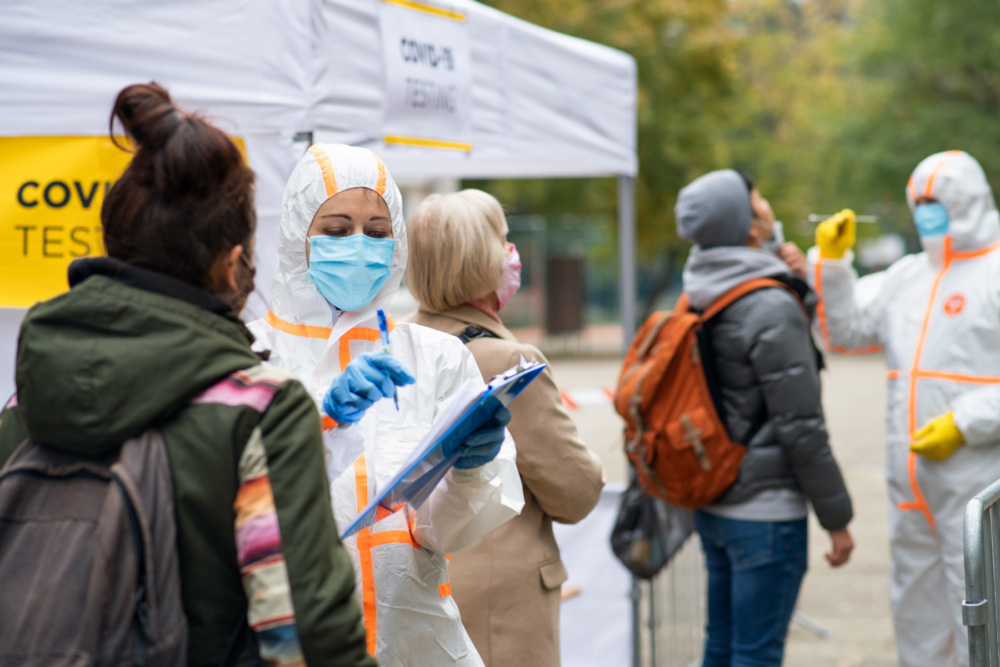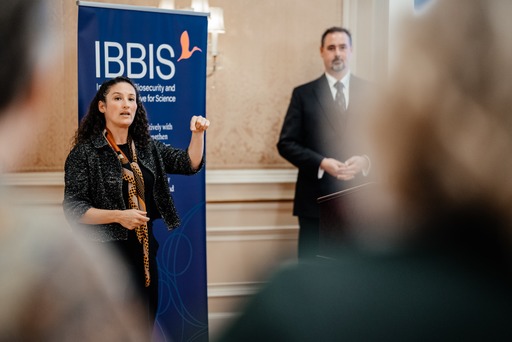
New Study Shows Robust Pandemic Preparedness Strongly Linked to Lower COVID-19 Mortality Rates
New study published in BMJ Global Health finds the pandemic was less deadly in countries that rank high on the Global Health Security Index.
NTI Vice President Elizabeth
Cameron and NTI | bio experts Michelle
Nalabandian and Beenish Pervaiz co-authored
an article titled, “Establishing
a theoretical foundation for measuring global health security: a scoping review,”
now available on BMC Public Health. The piece, also written with
colleagues at the Johns Hopkins Center for Health Security, examines the full
scope of academic literature to better identify evidence for measuring health
security at the country level.
Prompted by the 2014-2016 West Africa Ebola epidemic outbreak and the
launch of the Global Health Security Agenda, the international community has
placed greater emphasis on measuring health security capacity and identifying
the gaps in preparedness. Regular and transparent tracking of the evolution of
these and other health security capacities over time in all countries could
help eliminate sources of health insecurity.
The results of this intensive review are
contributing to the development of a Global
Health Security Index (GHS Index), an NTI project, which will provide the
first comprehensive assessment and benchmark of health security and related
capabilities across 195 countries. Learn more about the GHS Index here.
Sign up for our newsletter to get the latest on nuclear and biological threats.
New study published in BMJ Global Health finds the pandemic was less deadly in countries that rank high on the Global Health Security Index.
NTI experts briefed government representatives at a G7 working group meeting in Berlin.
The World Bank launches a new fund to support pandemic prevention, preparedness, and response.


